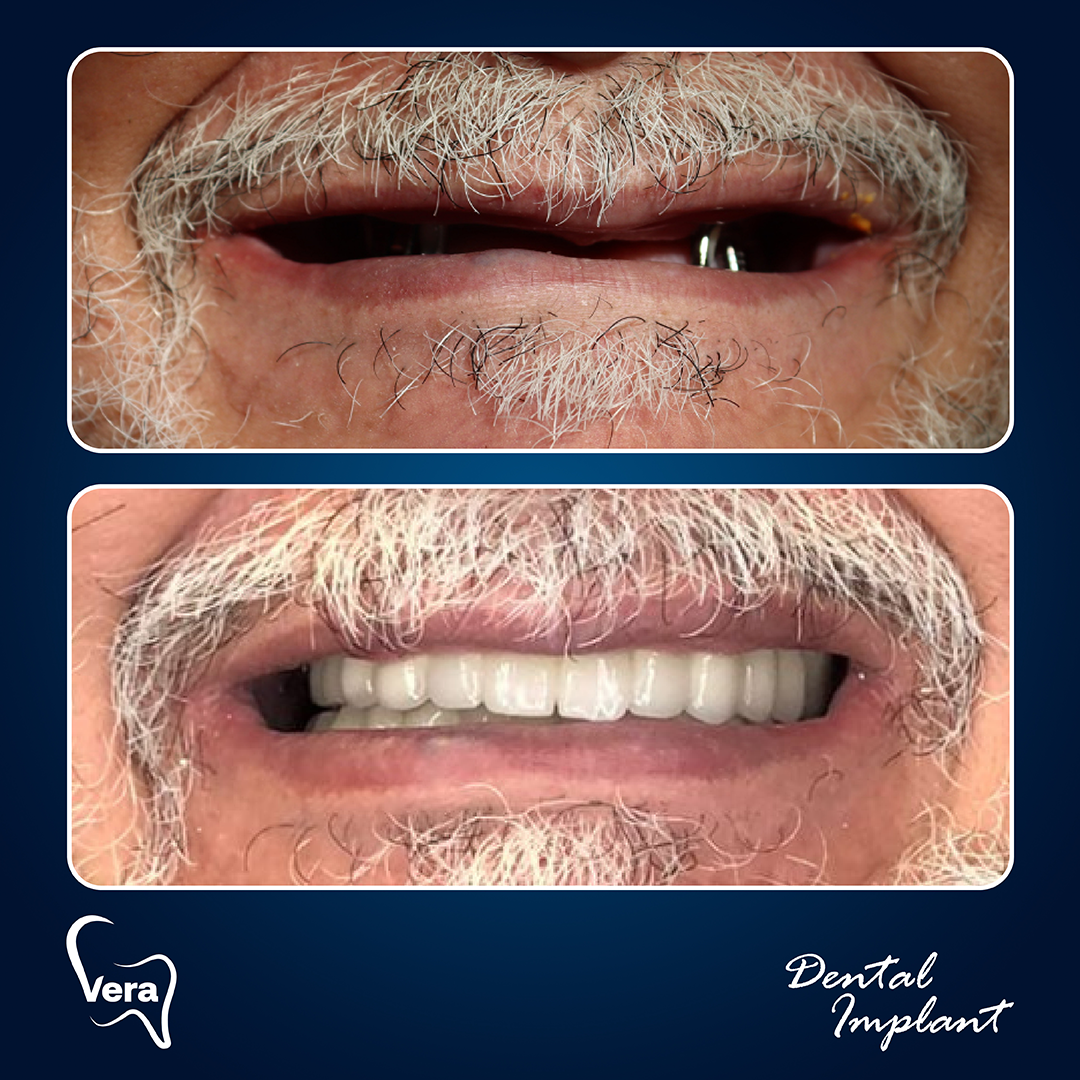Bruxism Treatment
Bruxism is the involuntary clenching or grinding of teeth. It usually occurs during sleep, but can also be seen in some individuals when awake. Bruxism can have serious negative effects on dental health and may require appropriate treatment.
Anasayfa » What is Bruxism?

What is Bruxism?
Bruxism is the clenching or grinding of teeth caused by overactivity of the jaw muscles. There are two different types: sleep bruxism and awake bruxism. Sleep bruxism is when a person clenches or grinds their teeth while sleeping, while awake bruxism is when a person clenches or grinds their teeth during the day, especially under stress.
Bruksizm Neden Olur?
The exact cause of bruxism is not known, but the following factors are thought to be effective:
Stress and Anxiety: High levels of stress and anxiety can lead to involuntary clenching or grinding of the teeth.
Sleep Disorders: Sleep disorders such as sleep apnea can increase the risk of bruxism.
Malocclusion: When the teeth do not close properly, it can cause the jaw muscles to work imbalanced.
Neurological Factors: Neurological disorders such as Parkinson’s disease can also contribute to bruxism.
Night Guard for Bruxism
One of the most commonly used methods in the treatment of bruxism is the night plate. A night plate is a device specially prepared by your dentist and is used for the following purposes:
Protection of Teeth: It prevents the teeth from touching each other and prevents the erosion of tooth enamel.
Relaxation of Jaw Muscles: It prevents the jaw muscles from working too hard and reduces muscle fatigue and pain.
Prevention of Headaches: It helps relieve headaches caused by bruxism.

Bruxism and Gum Bleeding
Bruksizm doğrudan diş eti kanamasına neden olmasa da, dişlerin aşırı sıkılması ve gıcırdatılması diş eti dokusuna zarar verebilir. Bu da diş eti hastalıklarına ve kanamalara yol açabilir. Bruksizm tedavi edilmediğinde, diş eti problemleri daha da kötüleşebilir.
Bruxism and Headaches
Bruxism can cause headaches by causing excessive tension in the jaw, neck and head muscles. These headaches are usually felt in the morning when waking up and can continue throughout the day. Treating bruxism can help reduce these types of headaches.
Implant Treatment Youtube










Frequently Asked Questions
After root canal treatment, it is generally recommended not to eat for a few hours until the anesthesia wears off.
Kanal tedavisinde sinir kalırsa, dişte enfeksiyon, ağrı veya iltihaplanma riski artar, bu da tedavinin başarısını olumsuz etkileyebilir ve dişin kaybına yol açabilir.
There is usually no pain during root canal treatment because local anesthesia is applied; however, there may be some mild discomfort or tenderness after the procedure. This is usually temporary and can be controlled with painkillers.


